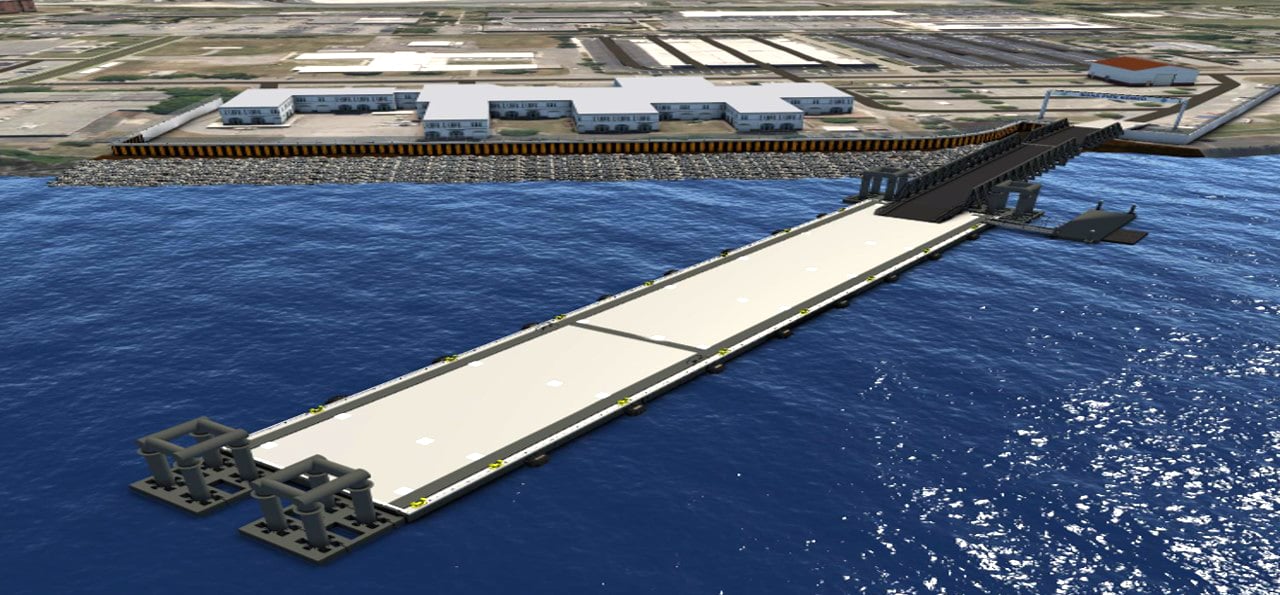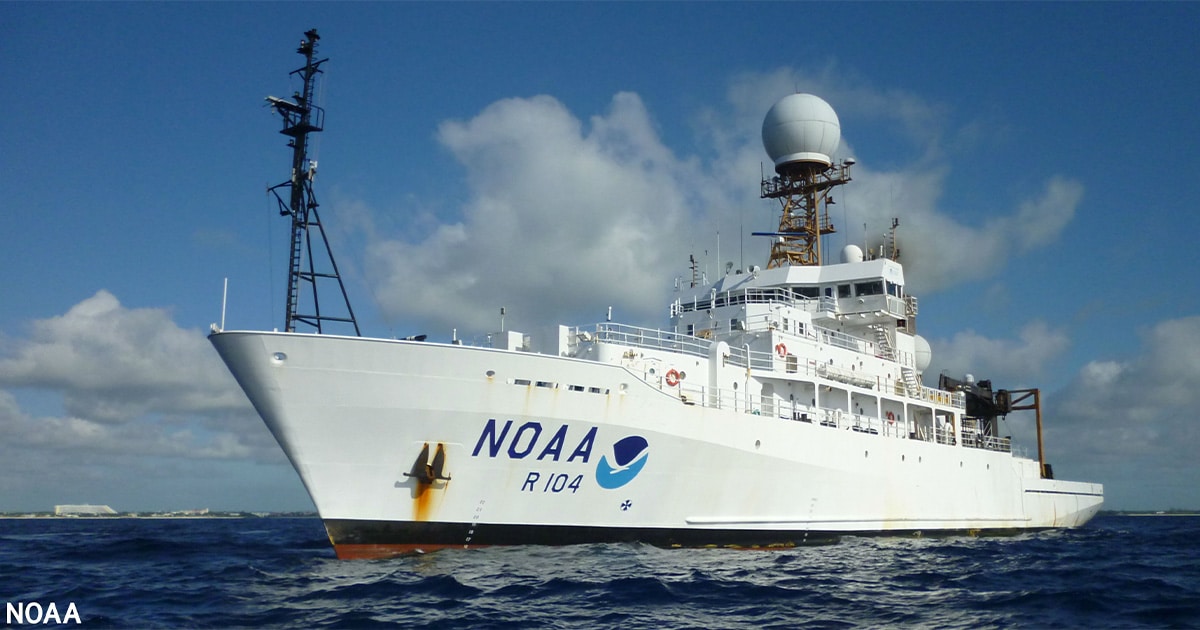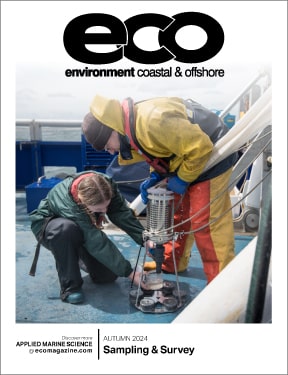The renovations will include demolishing and building a new pier that includes shoreside power for ships, as well as a warehouse, sea wall and living shoreline, and other supporting infrastructure. Reconstruction of the pier and other facility upgrades will allow NOAA ships Ronald H. Brown and Nancy Foster to once again have a designated place to dock and better accommodate research missions in the Atlantic. Both ships are homeported in Charleston.
“Many of NOAA’s investments in infrastructure over the next several years are made possible because of funds from the Inflation Reduction Act,” said NOAA Administrator Rick Spinrad, Ph.D. “Projects like this one to replace an aging NOAA facility along with other efforts to improve our supercomputing capacity and strengthen NOAA’s hurricane hunter fleet would not be possible without this historic funding.”
The design and construction of the pier and supporting infrastructure is funded in part by the Inflation Reduction Act—a historic $3.3 billion investment to help communities, including tribes and vulnerable populations, prepare, adapt, and build resilience to weather and climate events in pursuit of a climate-ready nation. The act also supports improvements to weather and climate data and services and strengthens NOAA’s fleet of research airplanes and ships.
 Conceptual rendering of new NOAA ship pier and other improvements at the agency’s pier facility in North Charleston, South Carolina. (Image credit: Manson Construction Design/Build Team)
Conceptual rendering of new NOAA ship pier and other improvements at the agency’s pier facility in North Charleston, South Carolina. (Image credit: Manson Construction Design/Build Team)
“Our ships cannot efficiently complete their critical work without safe and reliable shoreside infrastructure,” said NOAA Corps Rear Adm. Nancy Hann, director of NOAA Marine and Aviation Operations and the NOAA Commissioned Officer Corps. “Investing in our infrastructure ensures that NOAA can meet essential at-sea data collection requirements for the economic security, public safety, and national security for many years to come. This award comes on the heels of our ribbon-cutting ceremony in Ketchikan, Alaska, for our new facility there and I am grateful for these facilities to support our ships.”
This contract was awarded following a request for proposals that was open January–May 2023.
NOAA’s fleet of 15 research and survey ships are operated, managed, and maintained by NOAA Marine and Aviation Operations. The fleet ranges from large oceanographic research vessels capable of exploring the world’s deepest ocean, to smaller ships responsible for charting the shallow bays and inlets of the US. The vessels support a wide range of marine activities, including fisheries surveys, nautical charting and ocean and climate studies. NOAA ships are operated by NOAA Corps officers and civilian professional mariners.

